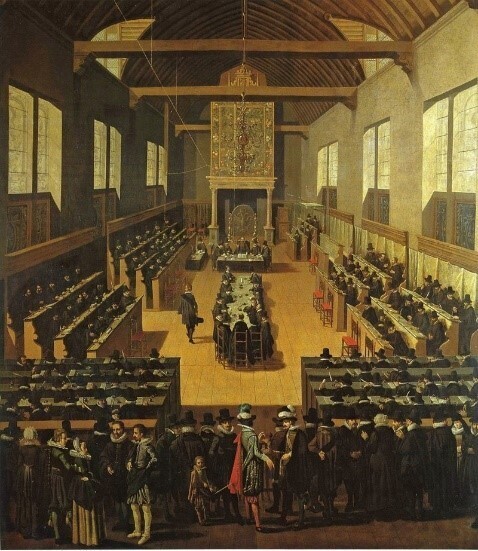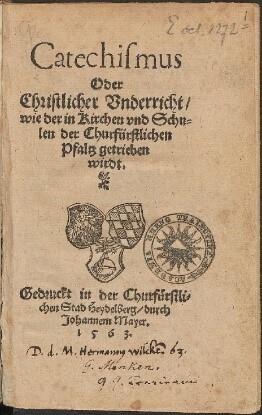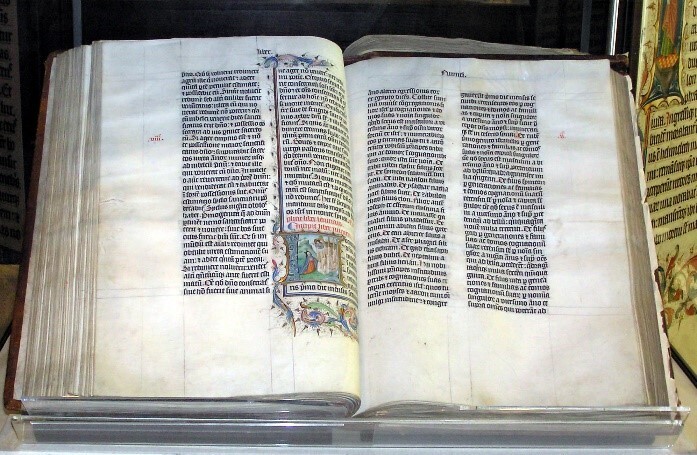Catechism 101
Holy words, long preserved
For our walk in this world,
They resound with God’s own heart,
Oh let the ancient words impart!
When we were teens, attending catechism classes was not an option. But the fact that there was a variety store only yards away from the church did help with the motivation, especially for country kids. Shelves there were well-stocked with a variety of candy, so that our catechism lessons became associated with sweetness.
The elder who taught us was likely not as ancient as we deemed him to be. His catechism teaching must have required a fair bit of time and preparation, something not necessarily appreciated by his students. The fathers who drove us to our weekly Tuesday sessions would companionably sit and smoke while they waited out the hour together in their cars.
The Heidelberg Catechism was our syllabus, posing questions and answers in the context of sin, salvation, and service, summarizing Biblical truths. As teenagers, we likely didn’t appreciate the enormity of the struggle in the era in which the Heidelberg Catechism was written. Elector Frederick III, sovereign of the Electoral Palatinate from 1559 to 1576, commissioned the composition of a new Catechism for his territory, as a clarification of the Protestant stance, and it was approved by a synod in Heidelberg in 1563.
In the Netherlands, the great Synod of Dort (Dordrecht) of 1618–19 adopted the Heidelberg Catechism as one of the Three Forms of Unity, together with the Belgic Confession and the Canons of Dort. In the Reformed churches, ministers were required to preach a section for each of the 52 Sundays of the year. Its intent was to provide solid theological knowledge for the congregation, and to aid them in discerning truth from error. Council members were required to subscribe loyally to its creed.

Learning is something that we continue to do all through life. As we read and re-read, new insights arise out of the context of the work, but also the context of our lives. It is the work of the Holy Spirit to illuminate and empower believers to apply Scripture, and there’s a freshness and newness about the truths it contains that never gets old, the way books and magazines can get dated.
The Heidelberg Catechism, based on the Bible, is still relevant today. So we again, on Sunday afternoons at 4 p.m. (Sunday dinner and afternoon nap completed) are taking some time to explore it. For this hour we spend together, all ages and people coming from different church heritage or no church experience are welcome to participate as we encounter the Word. It is a time for sincere questions, discovery, sharing, and laughter.
Pass the peppermints, please!

